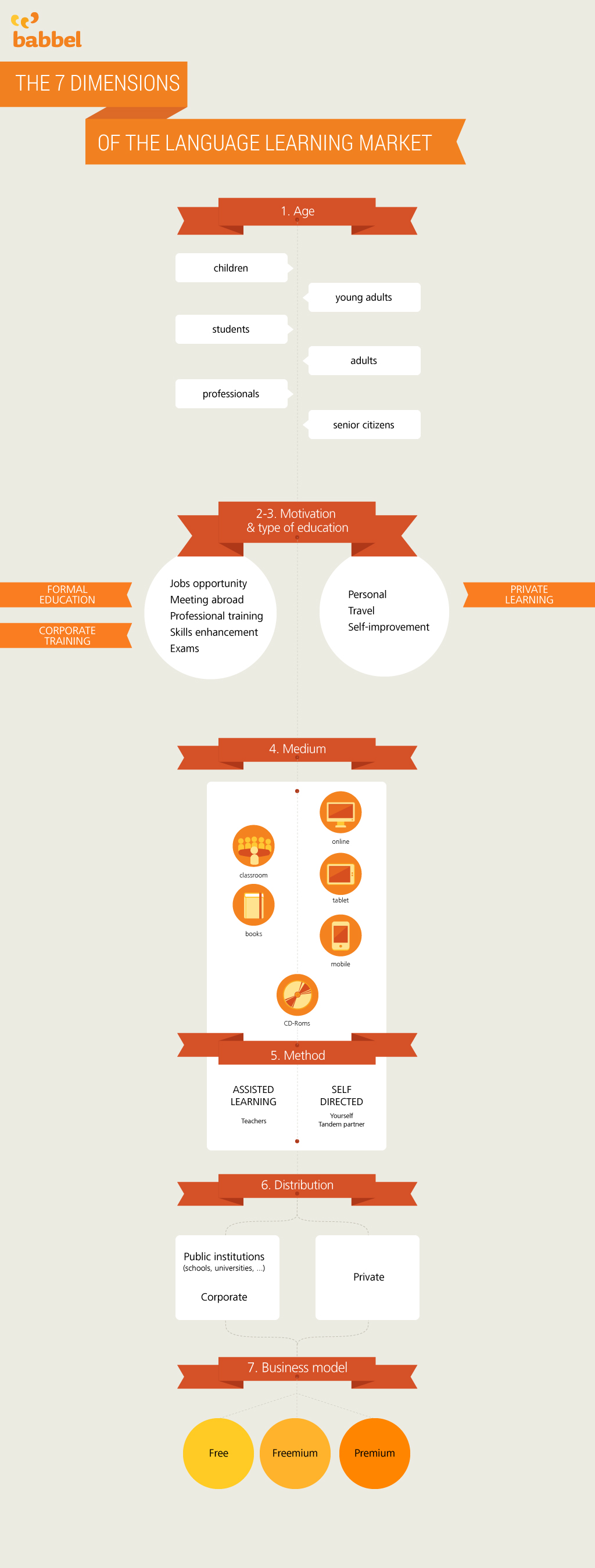Just about every job in the modern world involves new technology in some way, but if you can’t get enough of gadgets, code, and tech news, you’ll want to get your hands dirty in the deep end of the technology career pool. There’s a lot more out there than just the typical gigs. You can go beyond being a systems administrator, a Web designer, or even a robotics engineer. Here are a few exciting, unusual careers emerging in the field of technology that are set to become more prevalent in the next few years.
Computational Linguist
One of the most impressive parts of the most powerful computer in the world (the human brain) is its ability to process, parse, and even invent language. Teaching man-made computers to do the same thing is a real challenge, given how complex and subjective human language can be.
Computational linguists are the programmers, engineers, and language experts who work to solve this problem, creating real-world solutions spanning from dictation software to robust translation programs. In the near future, computational linguists will be essential in teaching operating systems and even robots how to talk and listen to the people who use them.
Marketing Futurist
The image we have of the field of marketing usually involves copywriters and artists coming up with the next brilliant idea, but modern marketing is a lot more data-driven than that. While the creative teams stick to language and art, their work is often based on market data and projections created by researchers and analysts. Marketing futurists work to synthesize long-term trends in consumer behavior to predict tomorrow’s trends, mixing data with psychology in truly revolutionary ways.
This position goes beyond simple analysis to include the potential in technologies not yet developed or released to the public. Just imagine being the marketing expert who saw the business potential in viral videos before that term even existed. That’s what a futurist is supposed to do.
Sustainability Officer
This is about more than just teaching companies to “go green.” Sustainability officers use complex research and analytics to monitor how a company uses its resources, from water and electricity to fleet fuel and business card paper. In the end, the officer’s job is to help the company save time and money by being more internally efficient, as well as developing a certifiable reputation for environmentally friendly and responsible behaviors.
A lot of consumers look for green certifications on their products and increasingly in the places where they live and work. A sustainability officer helps an organization build that reputation through diligent observation and reporting.
Health Care Informatics Specialist
Informatics is an emerging field concerned with how we organize, store, transmit, and share data of all kinds. This is of special interest to hospitals, clinics, and other organizations in the health care field. A career in health care informatics involves updating how medical facilities track and organize patient data. More than just digitizing charts, this ever-evolving field is quickly becoming the crux of how many health care organizations plan to approach a very fast-moving medical landscape in the near future.
Hacking Specialist
In a world where the credit card information of millions of people can be stolen by hackers without anyone noticing for months, digital security has to get creative. That’s why many companies have turned to genuine hacking experts to help them find their weak spots so they can bolster their data security.
In short, an ethical hacking specialist does what he or she does best: break into secured data stores. Instead of stealing information, planting malware, or sending sneaky messages, these hackers inform their clients of where others may exploit the weaknesses and how to patch them. For those who love getting under the hood of complex digital systems, this is a dream job with all of the fun and none of the potential jail time.
The future of tech careers is always at the bleeding edge of technology itself. If you’re interested in not just where tech is today, but where it will be in years to come, keep your eyes on the possibilities tomorrow’s tech will open.

